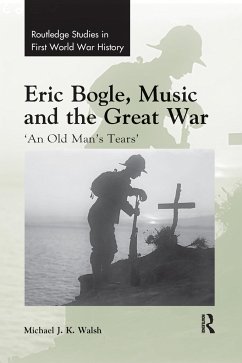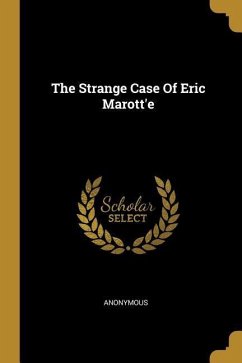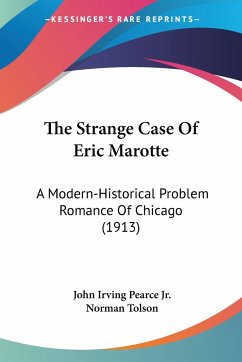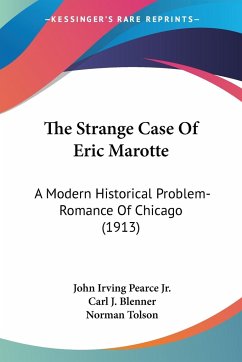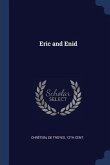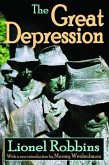Eric Bogle has written many iconic songs that deal with the futility and waste of war. Two of these in particular, 'And the Band Played Waltzing Matilda' and 'No Man's Land (a.k.a. The Green Fields of France)', have been recorded numerous times in a dozen or more languages indicating the universality and power of their simple message. Bogle's other compositions about the First World War give a voice to the voiceless, prominence to the forgotten and personality to the anonymous as they interrogate the human experience, celebrate its spirit and empathise with its suffering. This book examines Eric Bogle's songs about the Great War within the geographies and socio-cultural contexts in which they were written and consumed. From Anzac Day in Australia and Turkey to the 'The Troubles' in Northern Ireland and from small Aboriginal communities in the Coorong to the influence of prime ministers and rock stars on a world stage, we are urged to contemplate the nature and importance of popular culture in shaping contemporary notions of history and national identity. It is entirely appropriate that we do so through the words of an artist who Melody Maker described as 'the most important songwriter of our time'.
Hinweis: Dieser Artikel kann nur an eine deutsche Lieferadresse ausgeliefert werden.
Hinweis: Dieser Artikel kann nur an eine deutsche Lieferadresse ausgeliefert werden.

